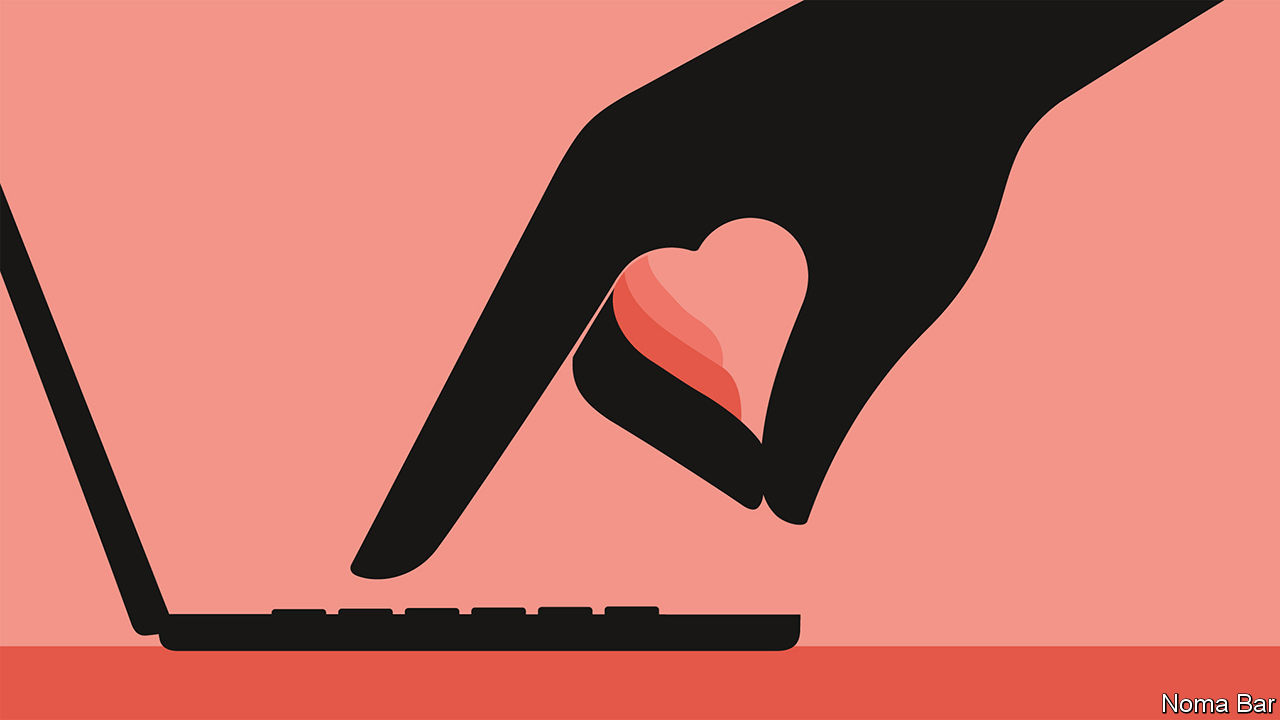The World Wide Web has changed the world. The Internet allows you to reach everyone: from a small town (or a large city area), we have the opportunity to communicate with the whole world. And not only to communicate with friends who have left but also to find new ones.
Back in the day, the man of your dreams had to be found among classmates or colleagues, and such a choice was lackluster. Our parents had to choose from what the environment offered. Some showed a creative approach to fate, and they found unusual hobbies; they have done their best to meet someone. Yet now it is easy – just by pressing a link, you can find a partner for life. So don’t be shy and meet a woman j4l online right now!
However, with the advent of the Internet and numerous Internet dating sites, the choice of a partner turned out to be virtually unlimited. Hundreds and thousands of profiles and photos! There are so many people that are waiting for you, and they are just two blocks away. And in some cases, the love of your life may be on a different continent altogether. Yet the only way you can find out about the existence of such a person is through online dating sites. In theory, you are bound for success, as the number of possible partners is endless; the only thing left is to pick one. Yet it isn’t all sunshine and rainbows; online dating spawned an army of fraudsters who play on the feelings and expectations of both men and women. Yet sites grow more complex and well-developed to avoid such scammers.
Online dating has done for society more than just changing the way we interact with the world. It changed the society from the inside – and it is important to understand how so if you live in the 21st century. According to researchers, the way we look for love in the modern world unites society in completely new ways.
Science Alert recalls that, not so long ago, a relationship began with a smile or a handshake, not a “like” or a “wink.” Everything began to change in the mid-1990s, with the advent of sites like Match.com. Today, we have a lot of analogs that exist in the always-with-you format, the biggest of which is, of course, Tinder. But digital technology has not only simplified romantic dating. The data collected by dating sites allowed researchers to analyze new and very interesting communication habits.
As part of one study, Josue Ortega from the University of Essex and Philipp Hergovich from the University of Vienna decided to see how the increasing number of online dating has affected the character of modern society. So, they came to the conclusion that most people are closely connected with about a hundred “nodes,” including close friends and family members, and weakly connected with other “nodes.”
“These connections serve as bridges between our group of close friends and other groups, which allows us to connect to the global community,” says Jose Ortega in an interview with MIT Technology Review, noting that even a few decades ago, such threads, albeit thin, were impossible to create. Interestingly, in heterosexual couples, online dating rose to second place (while “to meet through friends” is the first) in the ranking of the most likely ways to find a permanent partner.
“Our model predicts almost complete racial integration in relationships, which was made possible thanks to the online interaction,” Ortega and Hergovich add. And one more thing:
marriages concluded after dating online, as the analysis shows, are less likely to end in divorce and are generally more reliable. The same, by the way, says a large-scale study in 2013, published by PNAS.
It seems to us that the Internet makes us alone, but in reality, things are much better. Because interaction with people from different parts of the world, by destroying borders, allows us to build new (stronger than ever) connections. And, frankly, it’s nice to see evidence that the time spent online was well worth it.

Leave a Reply